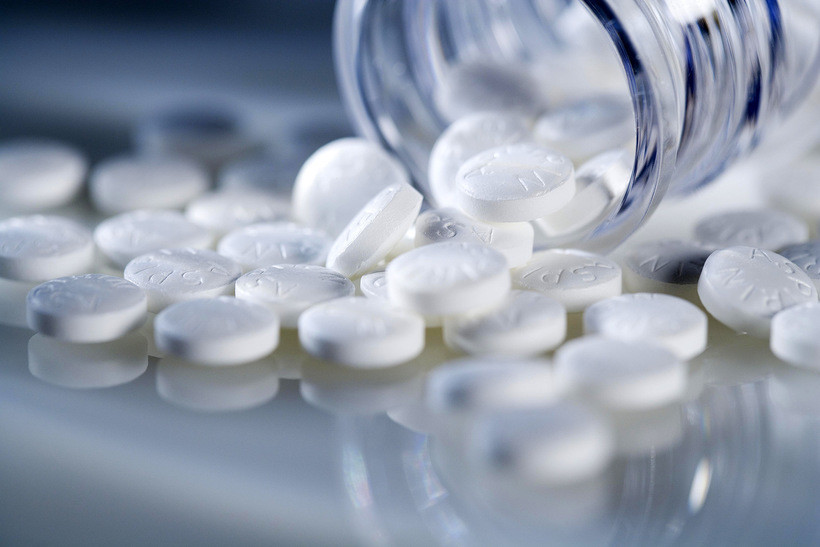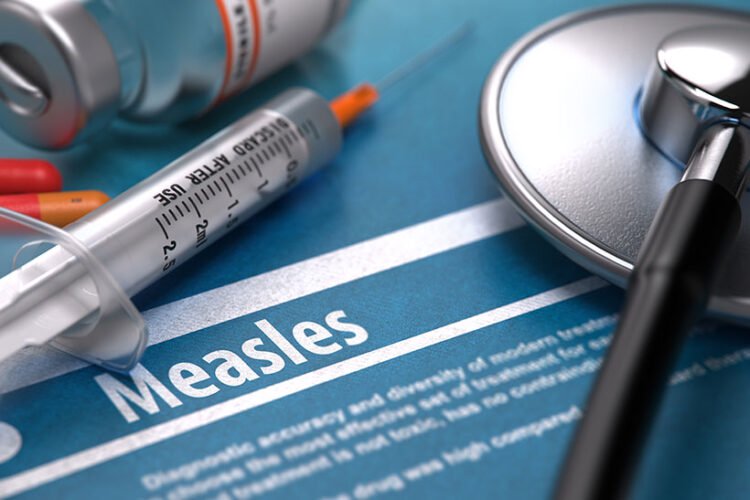For decades, millions of people have been advised to take aspirin daily to help prevent a heart attack. However, a recent study issued by Harvard advises those people to stop their daily use immediately.
The study reported that “some 29 million people 40 and older were taking an aspirin a day in 2017 despite not having a heart disease.” For people who have in fact suffered a heart attack or stroke, a daily dose of aspirin is indicated to assist in preventing a second episode.
People who have not suffered a heart attack or stroke are putting themselves at higher risk for bleeding with the daily use of aspirin. Aspirin acts as a blood thinner and therefore may dramatically increase ones odds of suffering a life-threatening bleed. Complications can arise with the use of aspirin ranging from minor bruising to more serious issues as bleeding in the stomach or brain.
According to the FDA, you are at higher risk for bleeding with these products if you:
- Are 60 or older.
- Have a history of stomach ulcers or bleeding problems.
- Take drugs to reduce the ability of your blood to clot.
- Take steroid medicine, such as prednisone, to reduce inflammation.
- Take other medicines containing NSAIDs, such as ibuprofen or naproxen.
- Drink three or more alcoholic drinks every day.
For people who have suffered a heart attack or stroke, a daily low-dose (81-g) aspirin can help prevent a repeat of those serious events, according to the study. While diabetes mellitus is associated with an increased risk of cardiovascular events, The New England Journal of Medicine reports that aspirin use reduces the risk of occlusive vascular events but increases the risk of bleeding; the balance of benefits and hazards for the prevention of cardiovascular events in patients with diabetes is unclear.
Aspirin should be used to prevent a recurrent heart attack.
The ultimate message, consult your physician rather than taking your own initiative to start taking a daily dose of aspirin. The risk may outweigh the positive effects if you have not suffered a heart attack or stroke in the past.




